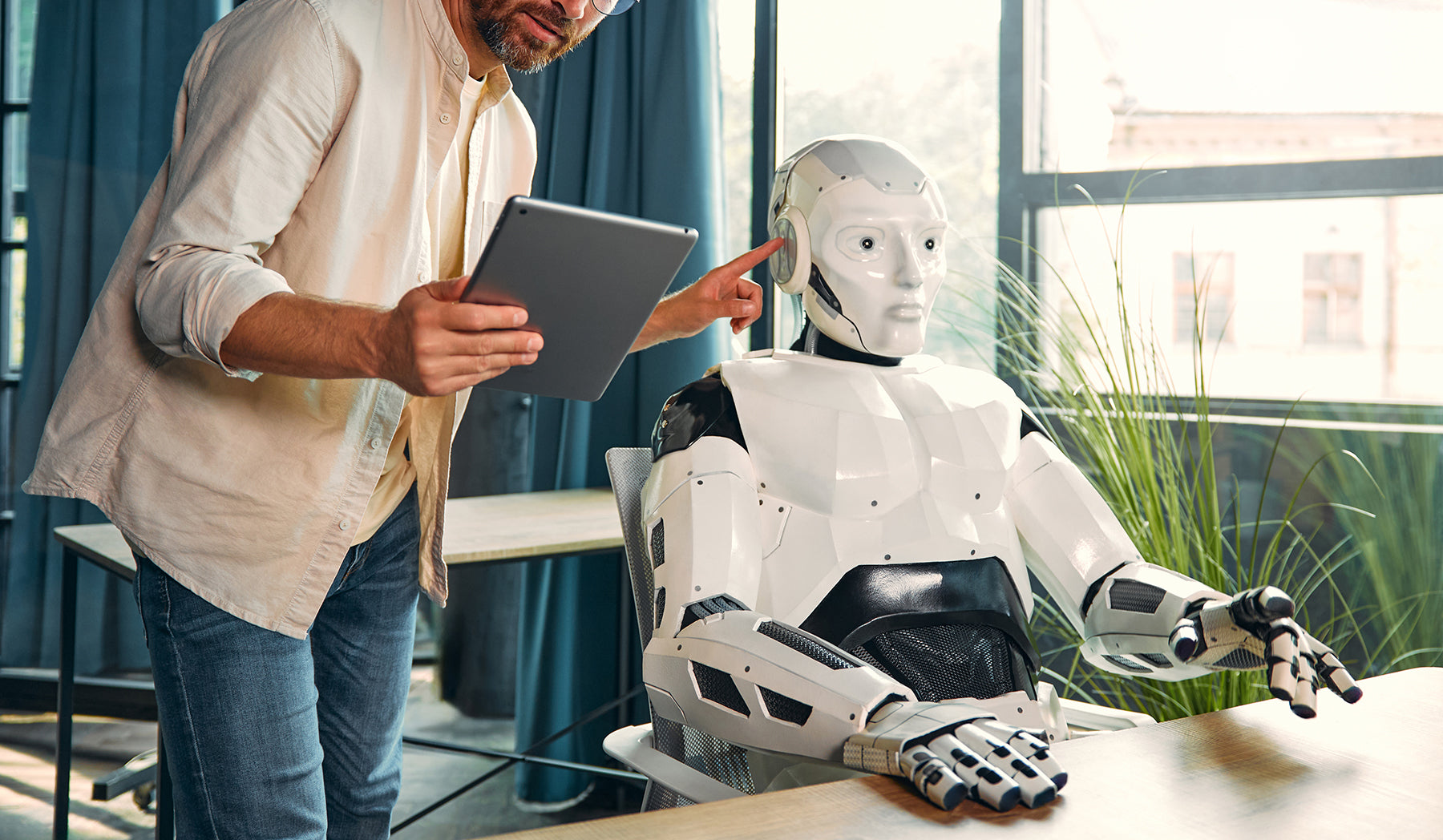Why HR must guide the ethical, practical, and human side of technology in 2025
Artificial intelligence is no longer a futuristic concept—it’s here, reshaping how organizations operate every day. From automating repetitive tasks to powering new workforce analytics, AI tools are being embedded into workflows at a rapid pace. But while IT and operations often lead the technical side of adoption, HR holds the key to ensuring AI is rolled out ethically, strategically, and in ways that support—not replace—people.
Why HR Belongs at the AI Table
AI adoption isn’t just about technology—it’s about people. Every implementation raises questions around:
-
Reskilling – How do we prepare employees for new ways of working?
-
Trust – How do we ensure transparency so employees feel safe using AI?
-
Equity – How do we guard against bias in AI-powered recruiting, performance management, or pay decisions?
HR leaders are uniquely positioned to answer these questions and to ensure AI supports culture as much as it supports efficiency.
How HR Can Lead AI Adoption
1. Champion Responsible Use
Work with leadership to establish policies that clarify:
-
Where AI is appropriate
-
How data will be safeguarded
-
What role human oversight will always play
Transparency builds trust—and trust is non-negotiable.
2. Upskill the Workforce
AI is most powerful when paired with human skills. HR can:
-
Launch targeted training on AI literacy
-
Equip managers to integrate AI tools without losing the human touch
-
Provide employees with opportunities to reskill into higher-value roles
By framing AI as a career enabler, not a career threat, HR helps reduce fear and resistance.
3. Support Managers in Change Management
AI alters workflows—and sometimes job identities. Managers need coaching on how to:
-
Communicate changes openly
-
Address employee concerns with empathy
-
Redefine goals and expectations as roles evolve
HR can provide the resources and training to make this shift smooth.
4. Monitor for Bias and Fairness
Left unchecked, AI can unintentionally reinforce inequities. HR should take the lead in:
-
Auditing AI-driven decisions (especially in recruiting and performance management)
-
Partnering with vendors who prioritize fairness and transparency
-
Setting up governance processes for ongoing review
Final Thought
AI is changing the workplace—but it doesn’t have to change what makes work meaningful. HR’s role is to balance innovation with humanity, ensuring that technology enhances—not undermines—trust, equity, and opportunity.
By stepping into this role now, HR leaders won’t just adapt to the AI era—they’ll help define it.





Share:
Sharpen Your Leadership Toolkit Before Year-End
Job Hugging: When Staying Becomes the Silent Form of Disengagement